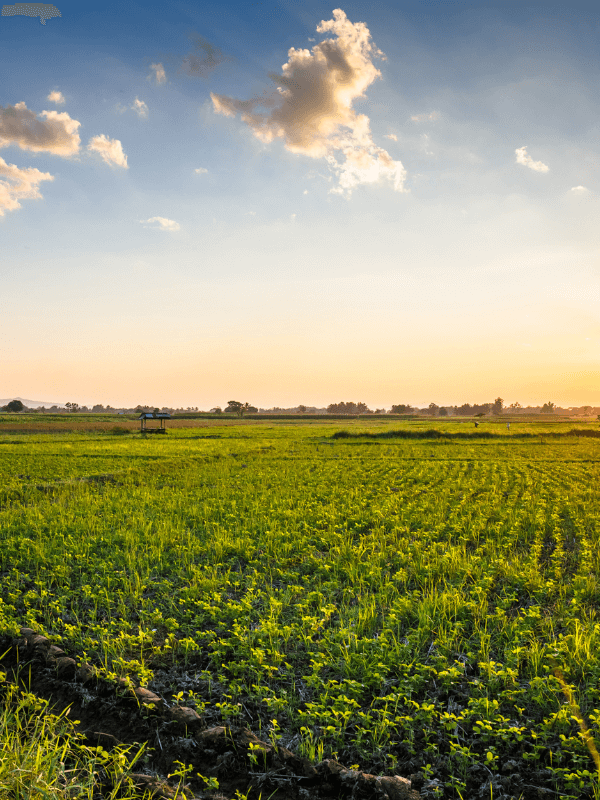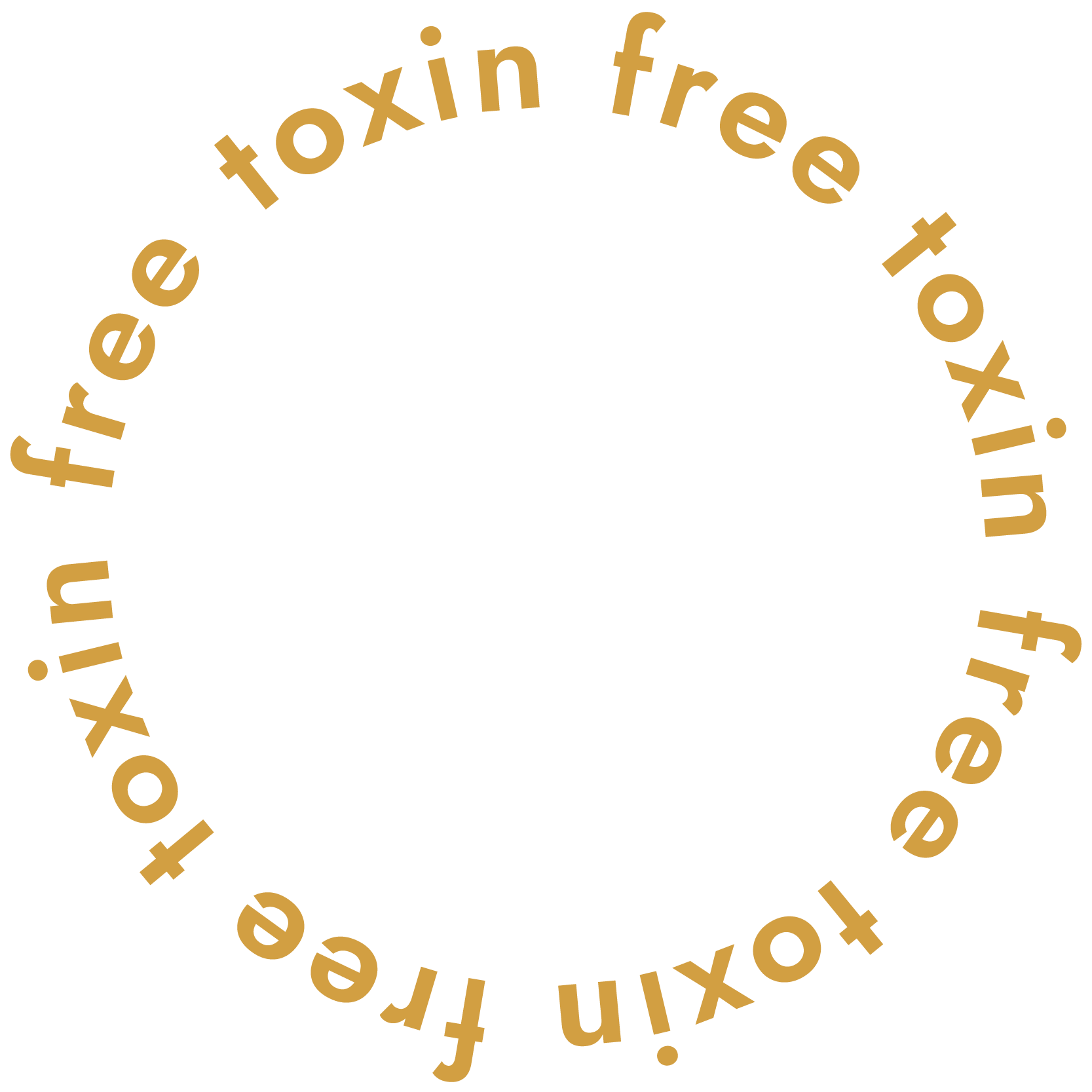Apple Podcasts | Spotify
A massive international study just proved what we’ve suspected for decades: glyphosate in food causes cancer, even at doses the European Union considers “safe.”
In today’s episode, I’m breaking down the results of the Global Glyphosate Study, led by major institutions including the Ramazzini Institute in Italy, Boston University, and universities worldwide.
This isn’t some fringe research. This is an international coalition of credible universities providing evidence that glyphosate infiltrates our entire food system and causes cancer.
Meanwhile, Bayer and Monsanto continue to try to pass immunity laws across the United States, claiming that farmers can’t grow food without glyphosate.
But here’s the truth: Regenerative and organic farming don’t require synthetic pesticides. It’s just that we’ve destroyed our soil with decades of chemical agriculture.
The solution isn’t just individual action, though I’ll share practical steps you can take. It’s systemic change. We need to contact our representatives and demand two key actions: the elimination of liability shields for pesticide companies and government grants to support farmers in transitioning to regenerative agriculture.
This is about more than just our personal health – it’s about saving our entire food system.
In today’s episode, we’re chatting about:
- The shocking results of testing 1,000+ rats with “safe” levels of glyphosate in food
- Why pesticide companies are fighting for legal immunity across the U.S.
- How glyphosate exposure during pregnancy increases childhood leukemia risk
- Practical steps to reduce glyphosate exposure in your home and diet
- Why we need systemic change, not just individual action, to solve this crisis
The Glyphosate Cancer Study
Up until this point, independent science has said that glyphosate is connected to neurotoxicity, endocrine disruption, liver inflammation, reproductive harm, and major gut microbiome damage. We also have a lot of data on cancer risk.
The research is part of a global initiative called The Global Glyphosate Study. They genuinely attempted to involve credible universities and institutions worldwide, as this issue affects not only the U.S. and Europe, but it impacts everyone. They were not using this study to back biased data. They wanted the truth about glyphosate in food.
Here’s what happened. Over 1,000 rats were tested, with control groups receiving zero glyphosate and three other groups receiving amounts equivalent to what the European Union deems safe for human consumption.
The results were devastating: All groups exposed to glyphosate developed tumors and cancers, with leukemia being the most prevalent, especially in rats exposed during the prenatal stage.
Science proves that prenatal exposure to glyphosate can increase the risk of leukemia when the baby is a few years old.
Practical Steps to Reduce Glyphosate in Food Exposure
If we want farmers to stop using glyphosate, we have to take action. And that looks like picking up the phone, calling our representatives, and telling them two things.
- Pesticide companies should not be given liability shields. If they have used pesticides knowing they cause cancer, they should be held liable.
- We want money to go to farmers to help them transition to regenerative and organic farming. The USDA needs to start providing grants to farmers to help them make a smooth transition.
It’s the only way to save our food system and our health.
There’s nothing you can do about your exposure to glyphosate when you’re out and about. It’s everywhere, and we can’t worry about it. But you CAN do some basic things in your home.
- Filter your drinking water.
- Buy organic when you can and when it matters (fruit, oats, grains, corn, etc.)
- Avoid using weed killers with glyphosate.
I hope this episode didn’t scare you, but empowered you to take action for your health.
FAQs About Glyphosate in Food
What foods are high in glyphosate?
Foods most likely to be contaminated with glyphosate include oats, wheat, corn, soybeans, crackers, chips, granola bars, baby food, fruits, and vegetables. If you’re concerned about glyphosate exposure, start choosing certified organic or glyphosate-residue-free labeled products.
Why isn’t glyphosate banned in the USA?
Regulatory agencies, primarily the Environmental Protection Agency (EPA), continue to say that it’s safe when used as directed. This study has proved otherwise, and I hope that causes them to reconsider its safety.
Why is glyphosate found in food?
Glyphosate is sprayed on crops as they grow and just before harvest. Trace amounts can remain on crops and make their way into processed foods, especially non-organic grains, cereals, and produce.
Related Episodes:
Episode 82: Banned Pesticides in the U.S.: Everything You Need to Know About the Emergency Ban on DCPA
Episode 90: What is Glyphosate? The Truth from The Glyphosate Girl, Kelly Ryerson


+ show Comments
- Hide Comments